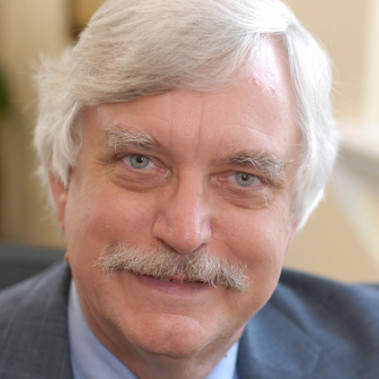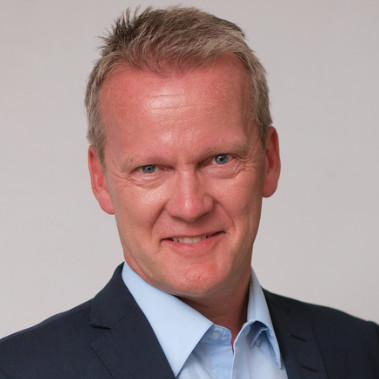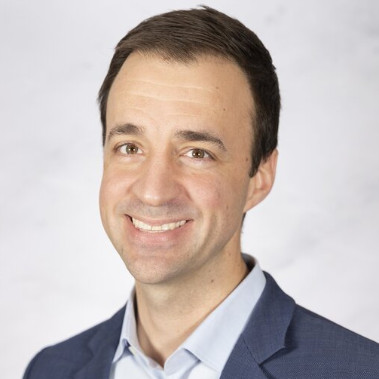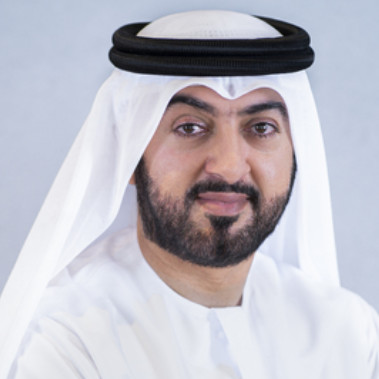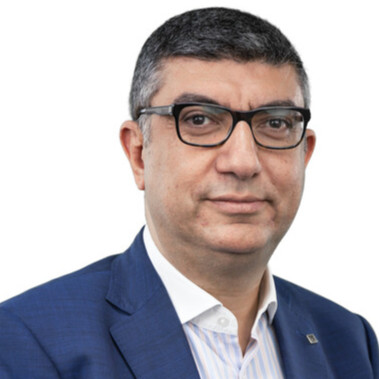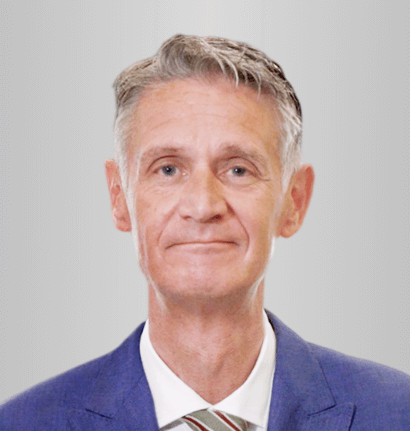المركز الاعلامي المركز الاعلامي
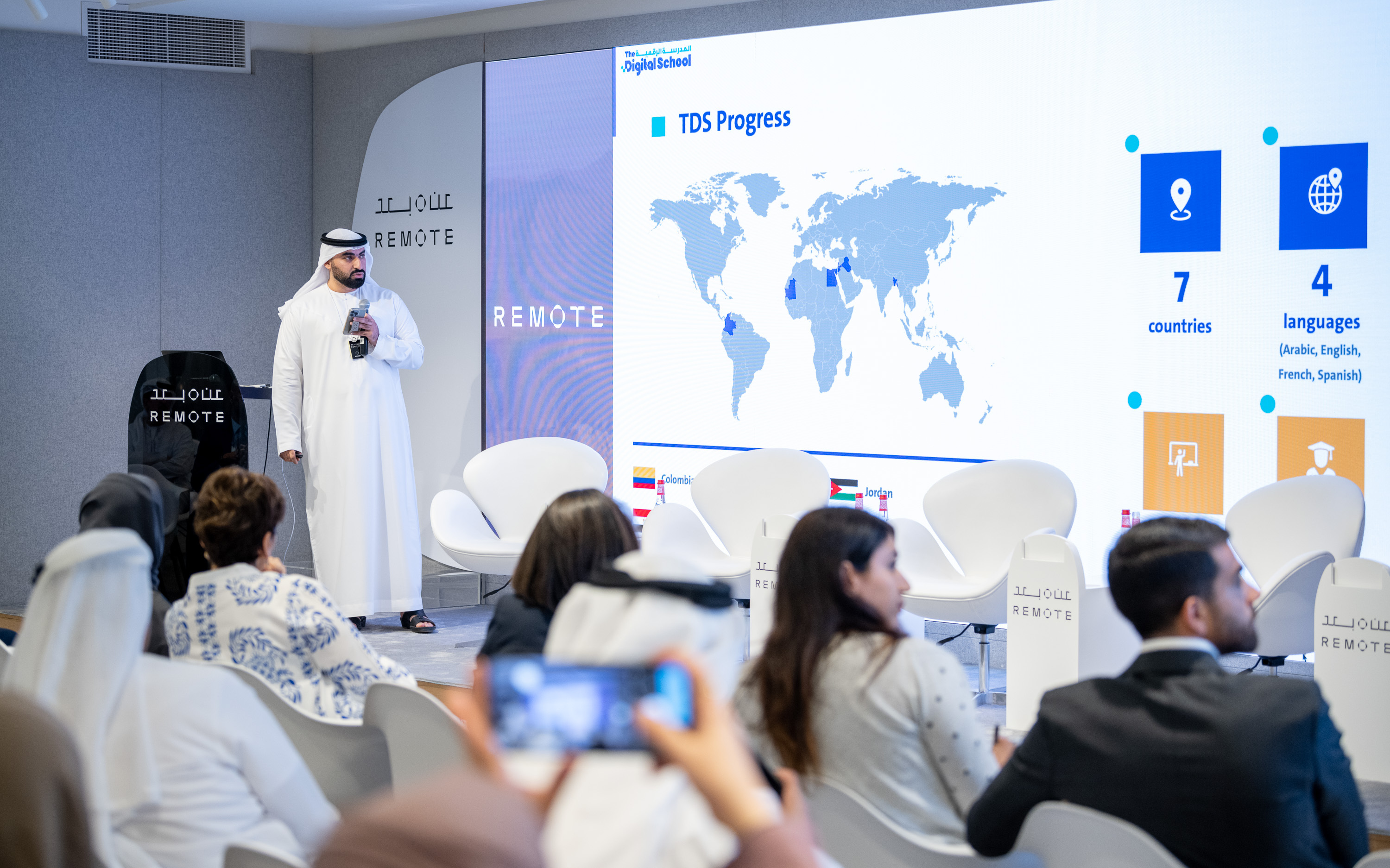
المدرسة الرقمية تستعرض تجربتها في توفير فرص التعلّم ورحلتها من الإمارات إلى العالم
المدرسة الرقمية تستعرض تجربتها في توفير فرص التعلّم ورحلتها من الإمارات إلى العالم
The Mohammed bin Rashid Global Initiatives Foundation reviewed the digital school journey, its innovative initiatives, and its efforts to provide learning opportunities for students in disadvantaged regions around the world, and its endeavor to enhance the education system through innovative practices and smart and flexible technologies to empower students and enhance their readiness for the future to advance societies and follow the global development process.
This came in a speech by Dr. Walid Al Ali, advisor at the Mohammed bin Rashid Global Initiatives Foundation, entitled “Digital School from the Emirates to the World” as part of the “remote” forum, which was held on March 15 and 16 and was organized by the Office of Artificial Intelligence, Digital Economy and Remote Work Applications in Dubai. The UAE government, with the participation of a group of ministers, government officials, decision-makers, experts, and private sector pioneers, discusses 3 main axes, including “work, education, and telehealth”.
Al Ali reviewed the journey of the digital school since it was an idea and its stages of development. His Highness directives that digital education is the future of education, and the education of the future, and this was done through multiple projects to implement digital education within the country with the Ministry of Education through the Mohammed bin Rashid Smart Learning Program in 2012.
He pointed out that as a result of the changes and developments and the repercussions of the Covid 19 pandemic on education, and based on the UAE’s directions, His Highness Sheikh Mohammed bin Rashid Al Maktoum announced in November 2020 the launch of the Digital School initiative with the aim of employing the UAE experience and global best practices in digital education, to design and implement practical solutions to confront Future challenges for education, and the digital school model has been designed to keep pace with the challenges and meet the needs, in partnership with the Ministry of Education and the concerned authorities in the education sector.
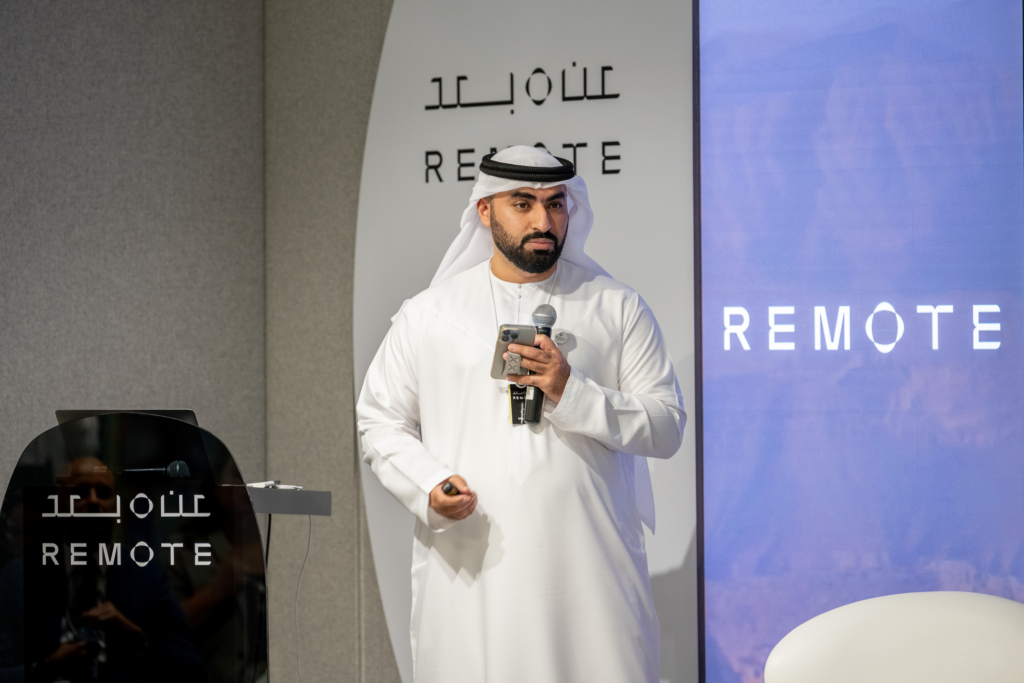
Al Ali added that the digital school provided more than 40,000 digital learning opportunities in 7 countries, and through an integrated vocational training program, more than 1,000 digital teachers graduated. For students and teachers, it continues its mission to provide the best educational opportunities for the less fortunate in the world.
He reviewed a set of challenges facing the digital school on the ground, as refugees face great challenges in the field of education, for example, there are about 660,000 Syrian refugee children of school age in the Lebanese Republic, according to a report by the Human Rights Organization in 2021, among them About 400,000 students have not been enrolled in school in recent years and nearly half of this number have not been enrolled at all, adding to the challenges facing the digital school.
Al Ali pointed to the large increase in the ratio of the number of students to each teachers, which greatly reduces the impact and effectiveness of learning. Digital, and digital lessons that meet the needs of students and teachers and national standards for curricula in each country, in addition to implementing innovative digital learning spaces in partnership with local partners such as the Emirates Red Crescent. We also worked on a comprehensive plan for teacher development in partnership with Arizona State University.
He added that the students gradually began with the teachers to implement individual and group smart learning activities. We designed and applied modern study methods that are now being applied in digital school classrooms in partnership with the ministries of education and the competent authorities. There are still great challenges to the maturity of the digital education system and how digital education can meet and keep pace with future aspirations and needs.
Al Ali indicated that the digital school team is working on imagining education in the year 2071 and developing a future vision of laws and mechanisms, learning programs and scientific disciplines, learning models and sources, indicating that education needs great efforts and in partnership with all concerned parties to transfer our expertise and experience to make digital education in Serving the future of students around the world.
Mostafa Badr El Din
استعرضت مؤسسة مبادرات محمد بن راشد العالمية رحلة المدرسة الرقمية ومبادراتها المبتكرة وجهودها في توفير فرص التعلّم للطلبة في المناطق الأقل حظاً حول العالم وسعيها لتعزيز منظومة التعليم من خلال ممارسات مبتكرة وتقنيات ذكية ومرنة لتمكين الطلاب وتعزيز جاهزيتهم للمستقبل للنهوض بالمجتمعات ومتابعة مسيرة التنمية العالمية.
جاء ذلك، في كلمة للدكتور وليد آل علي مستشار في مؤسسة مبادرات محمد بن راشد العالمية بعنوان “المدرسة الرقمية من الإمارات إلى العالم” ضمن أعمال منتدى “عن بعد” الذي عقد يومي 15 و16 مارس ونظمه مكتب الذكاء الاصطناعي والاقتصاد الرقمي وتطبيقات العمل عن بعد في حكومة دولة الإمارات، بمشاركة نخبة من الوزراء والمسؤولين الحكوميين وصناع القرار والخبراء ورواد القطاع الخاص، لمناقشة 3 محاور رئيسية تشمل “العمل والتعليم والرعاية الصحية عن بعد”.
واستعرض آل علي رحلة المدرسة الرقمية منذ أن كانت فكرة ومراحل تطورها، حيث بدأت برؤى صاحب السمو الشيخ محمد بن راشد آل مكتوم نائب رئيس الدولة رئيس مجلس الوزراء حاكم دبي “رعاه الله”، حول مستقبل التعليم وكيف لنا أن نتخيله ونصممه وننفذه، ومن هنا كانت توجهات سموه بأن التعليم الرقمي هو مستقبل التعليم، وتعليم المستقبل، وقد تم ذلك من خلال مشاريع متعددة لتطبيق التعليم الرقمي داخل الدولة مع وزارة التربية والتعليم من خلال برنامج محمد بن راشد التعلم الذكي عام 2012.
وأشار إلى أنه نتيجة للمتغيرات والتطورات وتداعيات جائحة كوفيد 19 على التعليم وانطلاقاً من توجهات دولة الإمارات أعلن صاحب السمو الشيخ محمد بن راشد آل مكتوم في نوفمبر 2020 عن إطلاق مبادرة المدرسة الرقمية بهدف توظيف تجربة الإمارات وأفضل الممارسات العالمية في التعليم الرقمي، لتصميم وتنفيذ حلول عملية لمواجهة التحديات المستقبلية للتعليم، وقد تم تصميم نموذج المدرسة الرقمية بما يواكب التحديات ويلبي الاحتياجات بالشراكة مع وزارة التربية والتعليم والجهات المعنية بقطاع التعليم.
وأضاف آل علي أن المدرسة الرقمية قدمت أكثر من 40 ألف فرصة تعلم رقمي في 7 دول ومن خلال برنامج متكامل للتدريب المهني تم تخريج أكثر من 1000 معلم رقمي وقد أحدثت المدرسة الرقمية أثرا كبيرا في حياة المجتمعات، ووفرت المزيد من فرص التعليم وجذبت اهتمام الطلبة وفتحت الآفاق للطلبة والمعلمين وهي مستمرة في مهامها في توفير أفضل فرص التعليم للأقل حظاً في العالم.

واستعرض مجموعة من التحديات التي تواجه المدرسة الرقمية على أرض الواقع حيث أن اللاجئين يواجهون تحديات كبيرة في مجال التعليم، منها على سبيل المثال أنه يوجد في الجمهورية اللبنانية نحو 660 ألف طفل من اللاجئين السوريين في عمر الدراسة حسب تقرير من منظمة حقوق الانسان في 2021، منهم نحو 400 ألف طالب لم يلتحقوا بالدراسة في السنوات الأخيرة وما يقرب من نصف هذا العدد لم يلتحق بالدراسة على الإطلاق الاطلاق، ما يزيد من التحديات التي تواجهها المدرسة الرقمية.
وأشار آل علي إلى الارتفاع الكبير في نسبة عدد الطلبة الى كل معلم ما يقلل بشكل كبير من أثر وفاعلية التعلم، وقد عملت المدرسة الرقمية على مواجهة التحديات من خلال تصميم منظومة متكاملة توفر فيها التعليم الرقمي والمدمج، وقد تم التركيز على جوانب متعددة من أهمها توفير محتوى رقمي، ودروس رقمية تلبي احتياجات الطلبة والمعلمين والمعايير الوطنية للمناهج في كل دولة إلى جانب تنفيذ مساحات تعلم رقمية مبتكرة بالشراكة مع شركاء محليين مثل الهلال الأحمر الإماراتي كما عملنا على خطة شاملة لتطوير المعلمين بالشراكة مع جامعة ولاية أريزونا الأمريكية.
وأضاف أن الطلبة بدأوا تدريجياً مع المعلمين في تطبيق أنشطة تعلم ذكية فردية وجماعية وقد صممنا وطبقنا طرق دراسة حديثة يتم تطبيقها الآن في فصول المدرسة الرقمية بالشراكة مع وزارات التعليم والجهات المختصة ولازال هناك تحديات كبيرة نحو نضوج منظومة التعليم الرقمي و كيف يمكن للتعليم الرقمي أن يلبي ويواكب تطلعات واحتياجات المستقبل.
وأشار آل علي إلى أن فريق المدرسة الرقمية يعمل على تخيل التعليم في عام 2071 ووضع تصورا مستقبليا للقوانين والآليات، وبرامج التعلم والتخصصات العلمية، ونماذج التعلم، ومصادره، مبيناً أن التعليم يحتاج الى جهود كبيرة وبالشراكة مع كافة الأطراف المعنية لنقل خبراتنا وتجربتنا لجعل التعليم الرقمي في خدمة مستقبل الطلاب في جميع أنحاء العالم.



